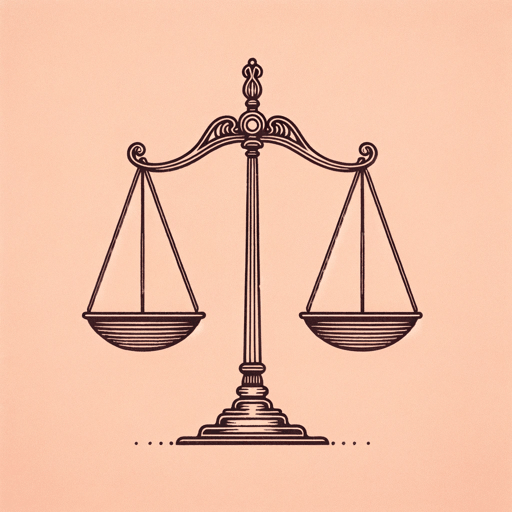58 pages • 1 hour read
AeschylusOresteia
Fiction | Play | Adult | BCEA modern alternative to SparkNotes and CliffsNotes, SuperSummary offers high-quality Study Guides with detailed chapter summaries and analysis of major themes, characters, and more. For select classroom titles, we also provide Teaching Guides with discussion and quiz questions to prompt student engagement.
Summary and Study Guide
Overview
Written in 458 BC by Greek playwright Aeschylus, The Oresteia is a trilogy of plays that includes Agamemnon, The Libation Bearers, The Eumenides, as well as the lost satyr play, Proteus. The plays of The Oresteia are classic tragedies, a dramatic genre focused on the piteous and cathartic downfall of great heroes. The plays were written to be performed at the City Dionysia festival which celebrated Dionysus, god of wine and theater. The festival was a combination of religious ceremony and jubilant revelry, taking place over a period of five days, in which three tragedians competed for glory with their plays. Aeschylus won first place in the dramatic competition for The Oresteia.
Aeschylus is credited by historians and philosophers such as Aristotle as being the father of tragedy, codifying many aspects of the genre seen in later plays by Sophocles and Euripides, the only other ancient Greek tragedians whose work remains intact. Among the changes Aeschylus brought to tragedies were the innovation of trilogies of plays dealing with similar themes, the introduction of a second actor, and a more unified chorus.
Plot Summary
The Oresteia details the breaking of the curse of the House of Atreus following the murder of King Agamemnon by his wife, Queen Clytaemnestra in Agamemnon; the murder of Clytaemnestra at the hands of their son, Orestes in The Libation Bearers; and the vindication of Orestes by trial and the pacification of the Furies in The Eumenides.
In Agamemnon, the city of Argos waits impatiently for King Agamemnon and his army to return, ten years to the day from when they left to wage war on Troy. The chorus of old Argive men reflect on the suffering Argos has endured in their king’s absence. Agamemnon arrives with his new concubine, Cassandra, daughter of King Priam of Troy. Queen Clytaemnestra convinces him to walk on tapestries laid out on the path to the palace. Cassandra, meanwhile, has visions of her and Agamemnon’s deaths at the hands of Clytaemnestra. Clytaemnestra tangles Agamemnon in royal robes and stabs him to death, seeking revenge for the sacrifice of their daughter Iphigenia at the beginning of the Trojan War. Aegisthus, Clytaemnestra’s lover and Agamemnon’s political rival, takes credit for the death. The chorus prays for Agamemnon’s son, Orestes, to come avenge his father.
In The Libation Bearers, some time has passed since Agamemnon’s death, and Clytaemnestra and Aegisthus have taken over as rulers of Argos. Orestes returns and meets his sister Electra in the graveyard, paying respect to their father’s memory. Orestes reveals that Apollo has charged him with avenging their father by slaying his murderers. He accomplishes this with the help of Electra and the chorus of sympathetic enslaved women. Orestes, beset by guilt and the Furies for killing his mother, flees the city.
In The Eumenides (which means “The Kindly Ones,” the name given to the Furies by the end of the play), Orestes has been on the run from the Furies for some time. He is aided by Apollo, who has performed purgative rites for Orestes, removing the pollution of his crime. In the temple of the Oracle of Delphi, Apollo puts the Furies to sleep so Orestes can flee to Athens, where he enters the temple of Athena at the Parthenon as a supplicant. The Furies, spurred on by the wrath of Clytaemnestra’s ghost, follow him to Athens. Athena arrives and presides over Orestes’ trial. The Furies act as the prosecution, Apollo acts as Orestes’ chief witness and advocate, and the men of Athens act as the jury. Thanks to Apollo’s testimony and skillful logic, Orestes is acquitted of his charges. Athena uses this trial as the basis for the Athenian justice system and appeases the Furies by making them protective spirits of the city.
This guide follows the Penguin Classics edition of The Oresteia.
Related Titles
By Aeschylus







